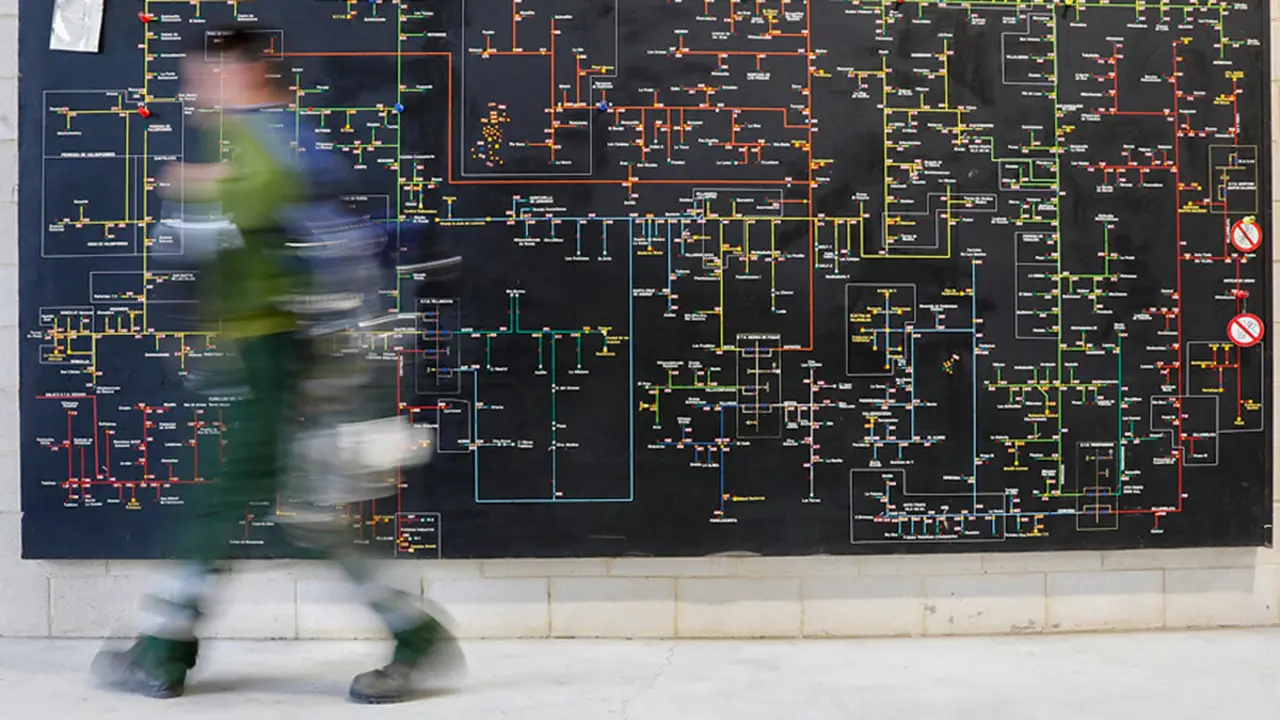United States launches new sanctions against Iran

The United States launches new sanctions against Iran just weeks after the transfer of power, implementing Executive Order 13382 on the proliferation of weapons of mass destruction. On this occasion they are aimed at the Shahid Meisami Group, owned by the Iranian Defence Research and Innovation Organisation, and its director Mehran Babri (SPDN).
The organisation had already been sanctioned in 2014 by order of former president Barack Obama. The Shahid Meisami Group was designated to be owned or controlled by the SPDN. The State Department assures that it has been involved in "the testing and production of chemical agents for use" and therefore would have participated in activities that would have violated Iran's obligations under the Chemical Weapons Convention. They have expressed concern about "the regime's true intent with respect to the testing and production of so-called chemical disabling agents, which could be used to further oppress Iranian citizens or for offensive purposes". And they have stated that "the United States remains firmly committed to countering the full range of the regime's malicious activities and expects the international community to maintain vigilance against the regime's illicit capabilities and behaviour.
The Trump Administration, and more specifically Treasury Secretary Steve Mnuchin, warns that "the United States will continue to counter any efforts by the Iranian regime to develop chemical weapons that can be used by the regime or its power groups". The sanctions are expected to continue until Trump hands over the presidency to the Democrat Joe Biden on 20 January.
The Iranian president, Hassan Rohani, a few months after also relinquishing the presidency, rejected the legislation recently passed by the Iranian parliament following the assassination of the scientist Mohsen Fajrizadeh, because in his words it "could be detrimental to diplomatic activity". This legislation includes a 20 percent increase in the uranium enrichment rate, which would bring Iran above the 3.67 percent agreed in the Joint Comprehensive Action Plan 2015 (JCPOA).
The Iranian legislature, controlled by the most conservative wing of the regime, also threatened to prevent inspections by the International Atomic Energy Agency (IAEA) if Teheran's European partners in the JCPOA do not allow it access to the world's financial and oil markets within a month, which currently prevents it from applying US sanctions. The president of the Assembly continues to put pressure on Rohaní to implement the legislation, though Ayatollah Ali Khamenei has yet to make a statement on the matter, so the final outcome is uncertain.
Despite Rohani's announcement that there would be reprisals following the assassination of the country's leading nuclear scientist, Washington does not believe that they will finally take place. In any event, if there were to be reprisals, they would be against Israel, which Tehran accuses of being behind the assassination. All in all, it is hoped that Rohaní will opt for diplomatic channels to return to the JCPOA, though his will may come to nothing, as if the election forecasts are confirmed, the most conservative groups could take over the presidency of the country in June 2021. In that case, reaching an agreement again could be extremely complicated.

The US president-elect, Joe Biden, may also face limitations in the US legislature. Although the Democrats have a slim majority in the House of Representatives, it is not yet clear which side it will fall on. Following the elections of 3 November it has been left at the expense of the two senators the state of Georgia will elect. As no candidate has reached 50 percent, they will have to hold a second round on 5 January, and in principle the Republicans are starting as favourites.
If the Republicans win the two seats in the upper house, they would reassert their senatorial majority and could therefore put a brake on some of the policies proposed by the Biden administration in respect of Iran.
Biden's goal is for the United States to re-sign the JCPOA and for Iran to comply with the terms agreed in 2015, but the political situation in Washington and Tehran promises to make any effort in this direction difficult for both sides. And the policy of the Trump Administration in its final weeks in office is seen as an effort to make any attempt by the future president to return to the aforementioned agreement as difficult as possible.








